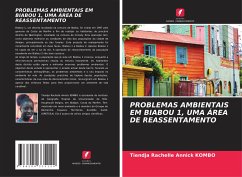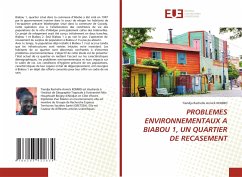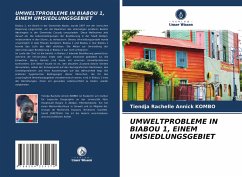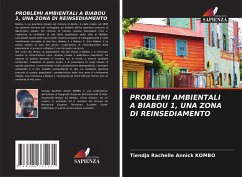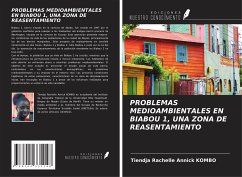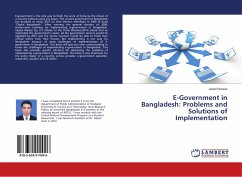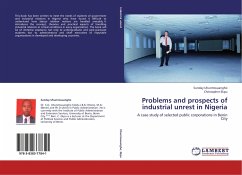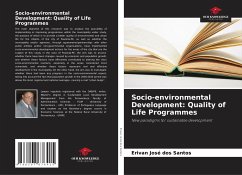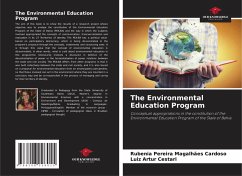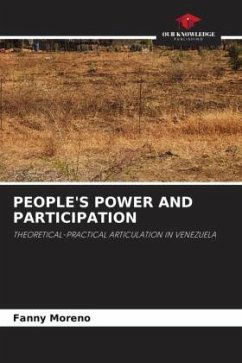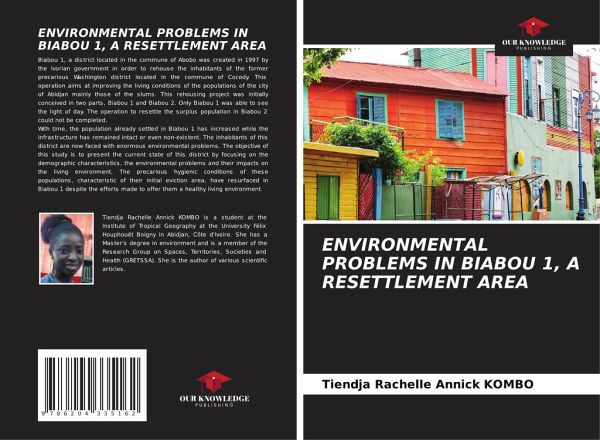
ENVIRONMENTAL PROBLEMS IN BIABOU 1, A RESETTLEMENT AREA
Versandkostenfrei!
Versandfertig in 6-10 Tagen
27,99 €
inkl. MwSt.

PAYBACK Punkte
14 °P sammeln!
Biabou 1, a district located in the commune of Abobo was created in 1997 by the Ivorian government in order to rehouse the inhabitants of the former precarious Washington district located in the commune of Cocody. This operation aims at improving the living conditions of the populations of the city of Abidjan mainly those of the slums. This rehousing project was initially conceived in two parts, Biabou 1 and Biabou 2. Only Biabou 1 was able to see the light of day. The operation to resettle the surplus population in Biabou 2 could not be completed. With time, the population already settled in ...
Biabou 1, a district located in the commune of Abobo was created in 1997 by the Ivorian government in order to rehouse the inhabitants of the former precarious Washington district located in the commune of Cocody. This operation aims at improving the living conditions of the populations of the city of Abidjan mainly those of the slums. This rehousing project was initially conceived in two parts, Biabou 1 and Biabou 2. Only Biabou 1 was able to see the light of day. The operation to resettle the surplus population in Biabou 2 could not be completed. With time, the population already settled in Biabou 1 has increased while the infrastructure has remained intact or even non-existent. The inhabitants of this district are now faced with enormous environmental problems. The objective of this study is to present the current state of this district by focusing on the demographic characteristics, the environmental problems and their impacts on the living environment. The precarious hygienic conditions of these populations, characteristic of their initial eviction area, have resurfaced in Biabou 1 despite the efforts made to offer them a healthy living environment.



